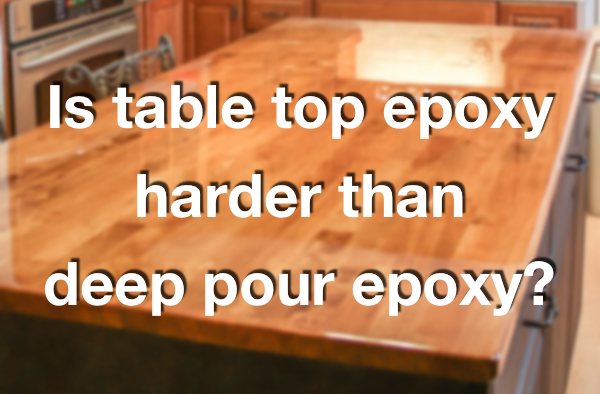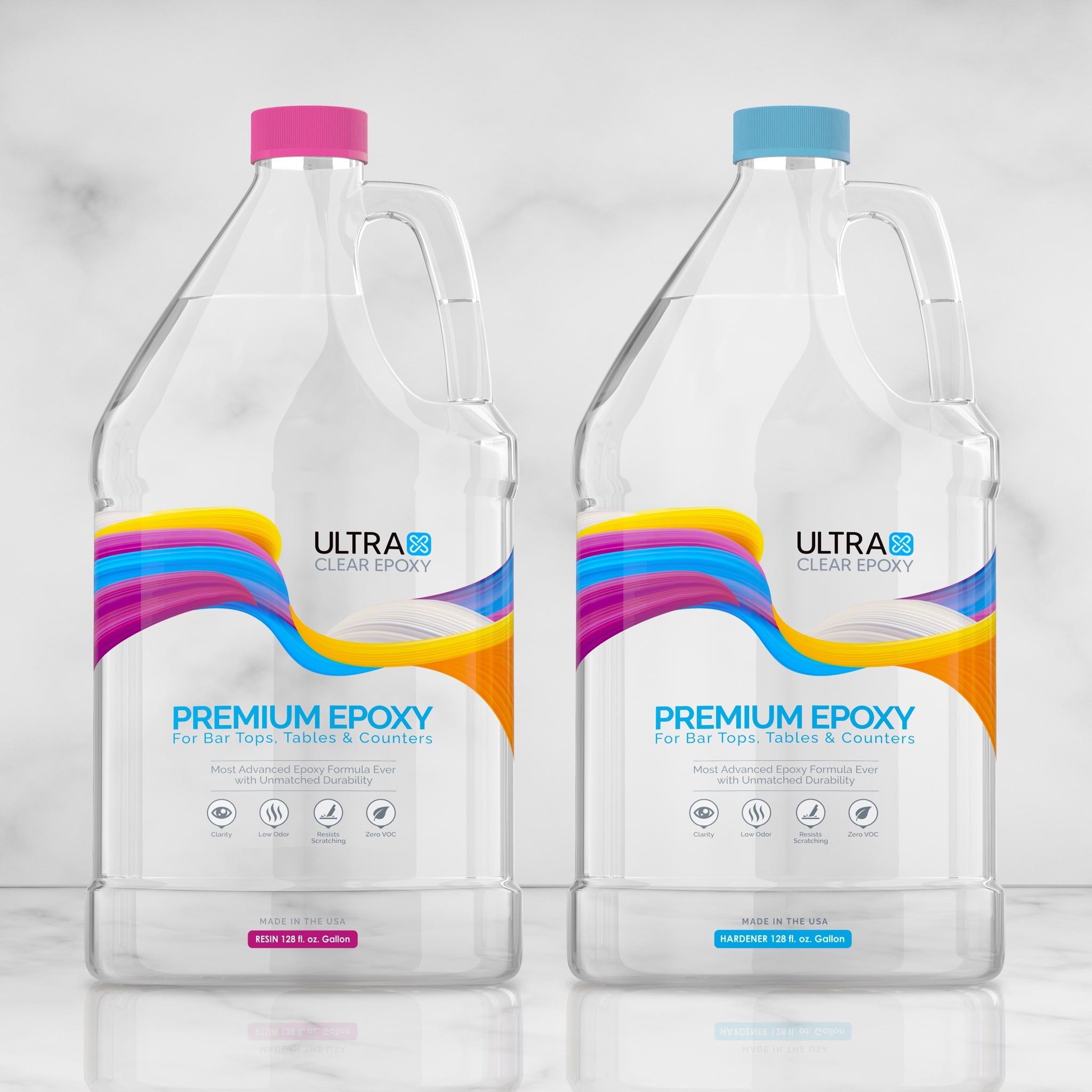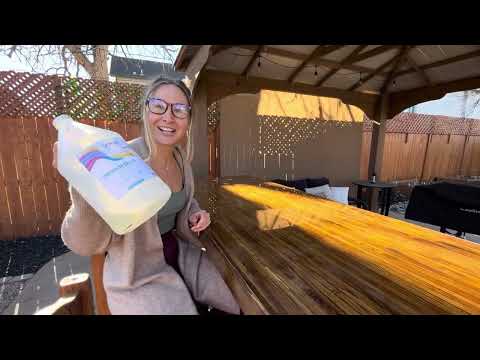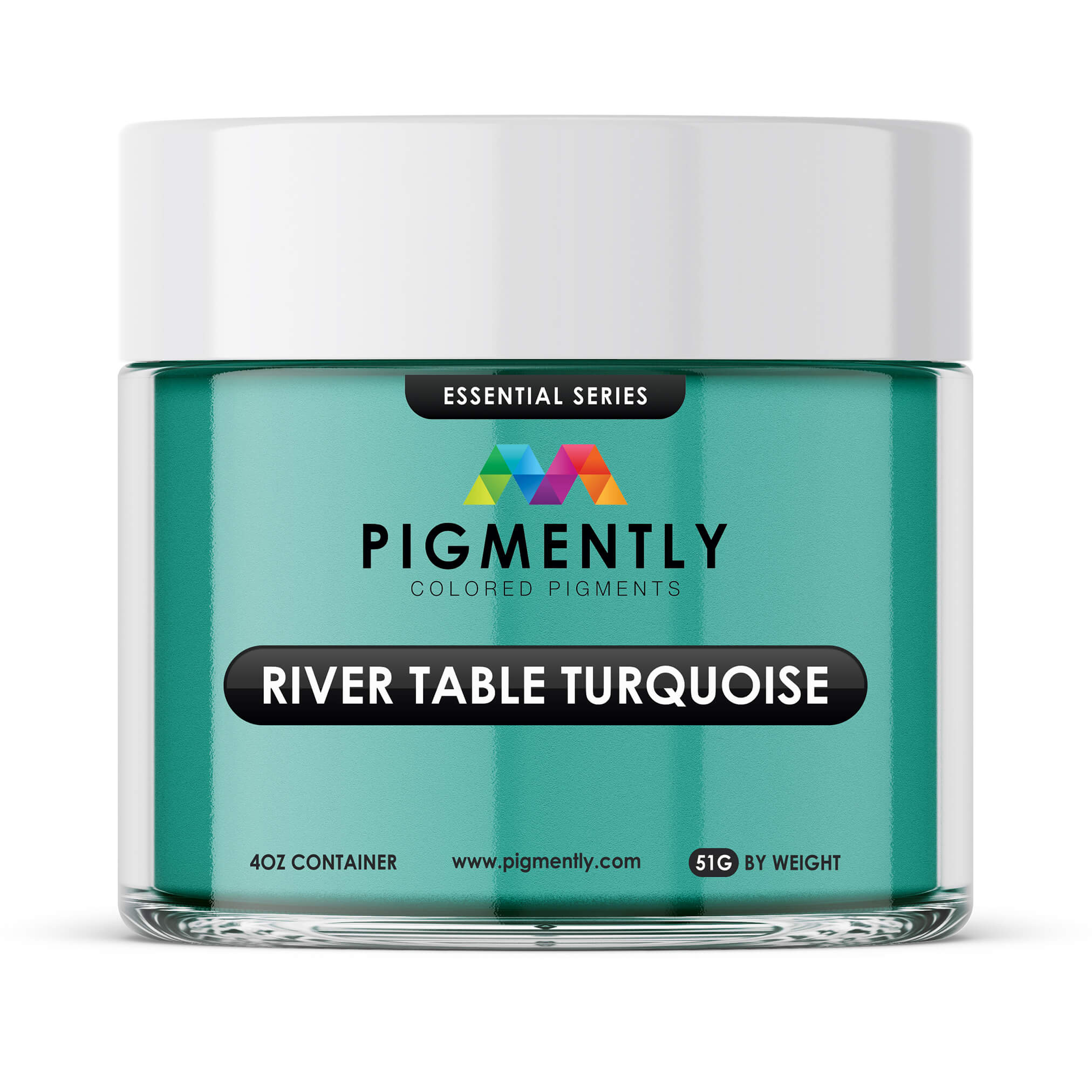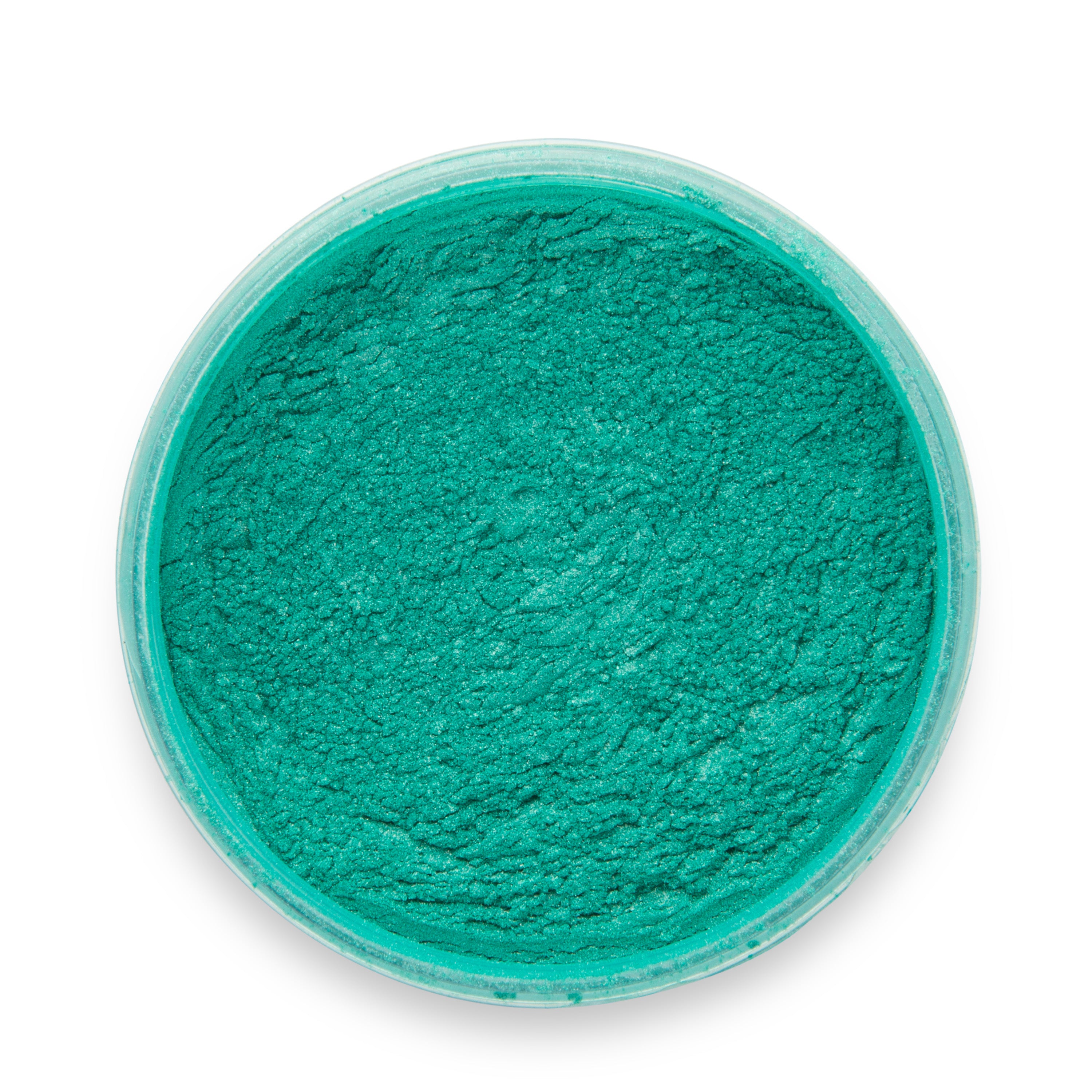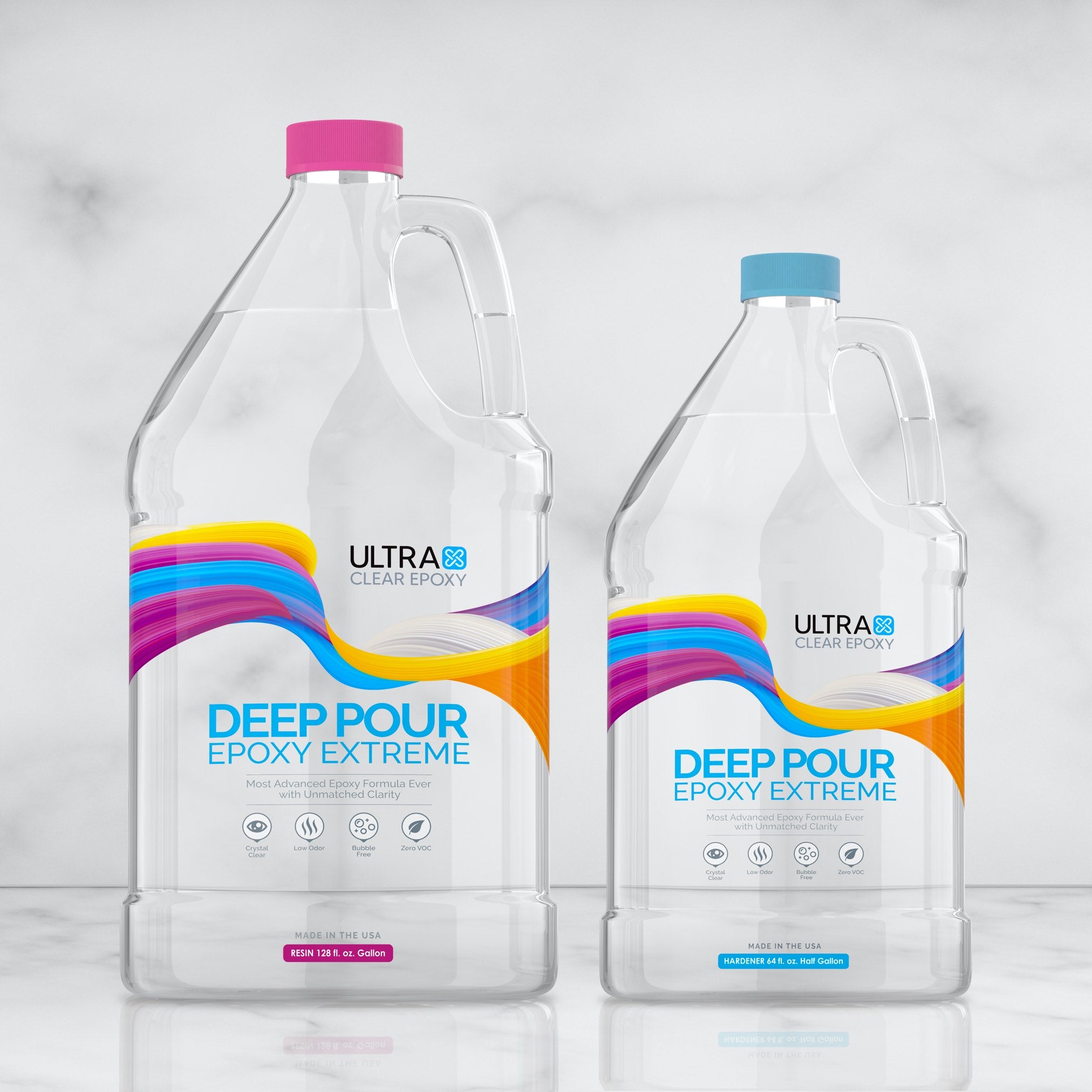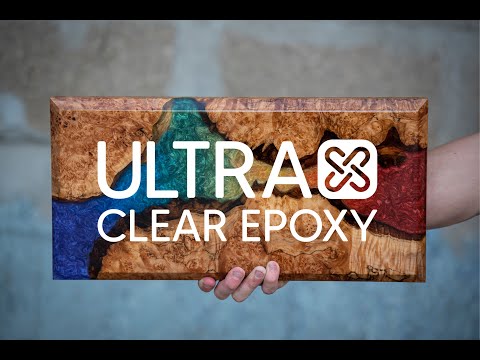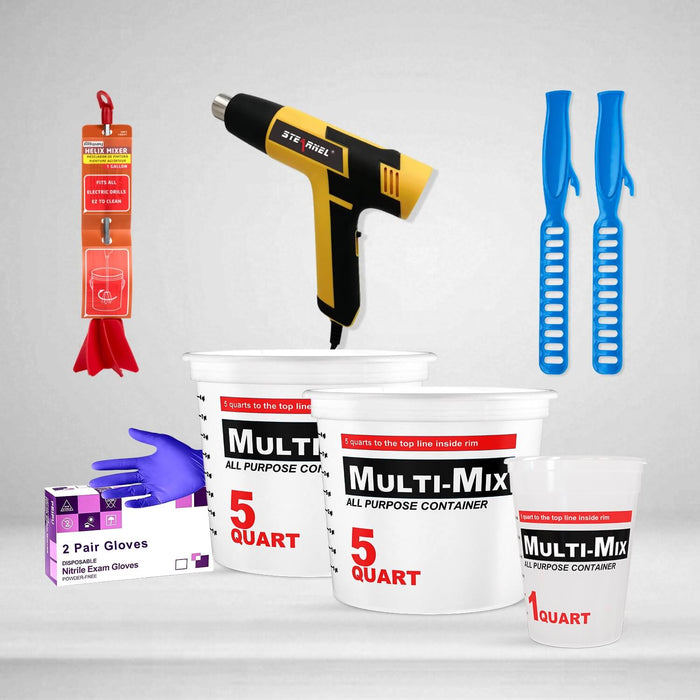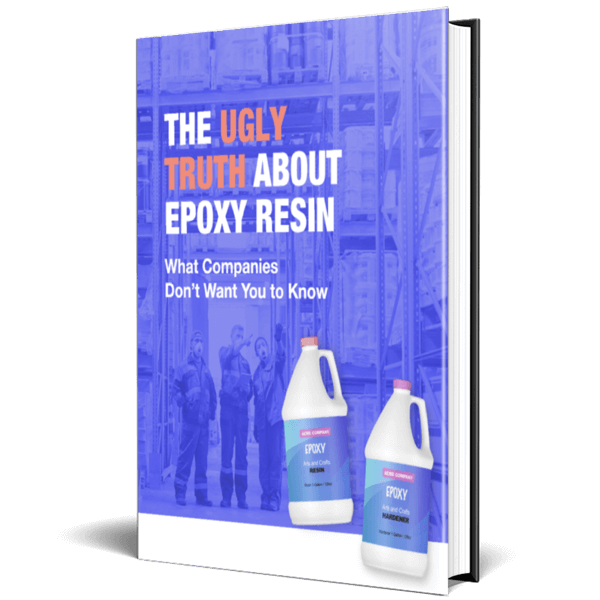Among the many material options frequently used as a substrate for epoxy, wood is by far the most common. For many users, it can also seem like the trickiest to work with, owing in part to its irregular shape as well as its highly porous nature.
For that reason, it's important to choose the right kind of epoxy to coat your wooden surfaces in. In this article, we'll explain the types of epoxy typically available, and go over what kind you should use for different types of projects.
The three types of epoxy typically used for wood
Though epoxy technically exists in many forms, there are only 3 types commonly used for furniture, fixtures, and art these days—whether for professional or DIY applications.
The three epoxy types best suited for wood are:
- Table top epoxy
- Deep pour epoxy (also known as deep casting resin)
- Craft epoxy
Each of these is a two-part epoxy, meaning they're produced as two separate components that must be mixed together to become epoxy. Once blended, the mixture begins to cure, hardening into the iconic material most people are familiar with.
While each epoxy is viable in a wide array of project types, some are better than others in certain situations, and they each interact with wood differently.
Table Top Epoxy: Strong and unyielding, but with less room for error.
Table top epoxy is the go-to choice for epoxy finishing, being especially effective on the flat surfaces of most countertops, bar tops, and table tops.
On wooden surfaces, table top epoxy bonds incredibly well, with a resulting finish that is not only exceptionally strong but also transparent. The appearance of the wood is thus not obstructed and shows through beautifully. Furthermore, table top epoxy is quite simple to prepare. For most brands, it uses a mixing ratio of 1:1, resin to hardener.
Table top epoxy is ideal for seal coats on wooden surfaces.
For wooden surface applications, table top epoxy is generally applied as a seal coat first. This is done by manually brushing a thin layer of epoxy onto the wooden substrate surface. The epoxy then seeps into any surface-level pores, pushing out air and creating a more effective bonding surface for the final epoxy coating.
Expelling air from the pores of wood vastly reduces the amount of air bubbles that form once the flood coat is applied, making them much easier to manage and remove.
Table top epoxy works well even on irregular wooden surfaces
One thing commonly seen with wooden surfaces is an irregular shape. Small divots, holes, and cracks, as well as live edges are all common features of a wooden substrate that add to its distinctiveness—and table top epoxy has no problem with any of them.
Table top epoxy is self-leveling, meaning it will spread out when poured onto a substrate until it reaches a natural thickness, usually around 1/16 to 1/8 of an inch. For most projects, a 1/8 inch epoxy coating is perfect for preserving the wooden substrate and providing a beautiful transparent finish.
Moreover, table top epoxy will also inherently conform to unusual shapes while self-leveling, wrapping around them until they're fully coated. This is great for live edge projects.
Table top epoxy is superb as a final topcoat.
In addition to its use as a seal coat and sole epoxy finish, table top epoxy is also an excellent choice as a final topcoat over other types of epoxy such as deep pour epoxy. While all epoxy can be sturdy and long-lasting, table top epoxy is the peak performer in this regard.
UltraClear Bar & Table Top Epoxy: A top-tier performer among table top epoxies
At UltraClear Epoxy, we take pride in our resin products. Within our store, you'll find our acclaimed UltraClear Bar & Table Top Epoxy. This high-grade table top epoxy features remarkable physical strength, easily resisting many forms of physical damage including scratching, denting, and cracking.
On top of that, it also exhibits waterproofing and resilience to a wide variety of otherwise damaging chemicals, making it the perfect choice for most epoxy projects where the goal is providing protection without sacrificing clarity.
Click here to visit our UltraClear Bar & Table Top Epoxy store page for more information.
Deep Pour Epoxy: Versatile and convenient, but with reduced peak strength.
Deep pour epoxy, also known as deep casting resin, is a kind of epoxy that allows for much thicker layers than other epoxy types. This is beneficial for projects that need more depth to their resin finish than usual, such as for epoxy river veins as well as certain types of resin art.
A low viscosity rating allows for thick layers
This type of epoxy has a much lower viscosity than others, giving it a watery flow when mixed; because of this, it's recommend that users contain it during the pouring and curing phase to prevent it from overflowing. Temporary dams, rails, raised trim, or using a resin mold are all ways to ensure the epoxy stays where it needs to until it has hardened adequately.
The reduced viscosity of deep pour epoxy does mean that it's less effective for seal coating, so it's recommended that creators use a table top epoxy or craft epoxy for seal coating their wooden surfaces.

UltraClear Deep Pour Epoxy: A crystal-clear option for deep casting and river veins.
When it comes to deep casting resins, our UltraClear Deep Pour Epoxy stands in a league of its own. With crystal-clear clarity and the ability to be poured in deep layers of up to 2 inches without blemishes or other problems, it's the ideal for any form of deep casting or river vein creations.
Deep Pour Epoxy also features the same waterproofing quality and resistances to chemicals and staining that table top epoxy does, with the sole compromise for the increased layer support being a slightly reduced physical strength.
You'll find UltraClear Deep Pour Epoxy in our store. Click here to learn more.
Craft Epoxy: Balanced and practical, for art-and-craft projects
Craft epoxy is a more recent development among epoxy products. This type of epoxy is neither the strongest nor most versatile, but it has elements of both table top epoxy and deep pour epoxy in how it functions.
Craft epoxy is capable of being poured in slightly thicker layers than table top epoxy, while also maintaining a high level of physical strength and being able to function as a seal coating option.
Generally speaking, craft epoxy is intended for resin art projects, though like the others it is a viable option for almost anything. Portrait coatings, resin sculptures, coasters, epoxy trays, tumblers, and much more are all great choices for a craft epoxy.
UltraClear Art & Craft Epoxy: A premium epoxy for pristine resin art creations
For resin art endeavors, there's no substitute for the best. For consistent, impeccable results in your resin art projects, our UltraClear Art & Craft Epoxy is the way to go.
From epoxy end tables to resin wall art, this is the optimal epoxy choice for ensuring a smooth, clean cure finish with a highly receptive nature to epoxy colorants and embedments, allowing you to customize your art in a wide variety of ways.
You can learn more about UltraClear Art & Craft Epoxy on the store page for it here.
What kind of epoxy should you use on wood?
Making the right choice for your wood epoxy project can be straightforward or a bit more complicated, depending on the type of project and its complexity.
Below are three lists of wood projects that each epoxy is typically best suited for.
For table top epoxy:
- Standard table tops
- Standard bar tops and countertops
- Benches and most other forms of wooden seating
Also worth mentioning is table top epoxy's role in seal coating.
For deep pour epoxy:
- River tables
- Deep casting resin art (i.e., geode resin art)
- Thick epoxy veins in any other project
- Any project that needs a deep layer of epoxy (i.e., greater than 1/4 inch)
Deep pour epoxy is not ideal for seal coating and needs to be contained prior to curing due to its watery initial state.
For craft epoxy:
- Resin coasters
- Epoxy tumblers
- Most resin wall art
- And many other types of small resin creations
Occasionally, a project may benefit from a different epoxy. If you're not certain what your project needs are, you can contact one of our epoxy experts at UltraClear for professional advice.
UltraClear Epoxy: Resin Products of Unmatched Quality
As with any material, epoxy resin has both pros and cons. But no other sealant has so few weaknesses, and that's what puts epoxy above all other options when it comes to being a finish for high-traffic fixtures and furniture such as countertops, table tops, and bar tops. And among epoxy resin products, there are none that match the quality of UltraClear.
You can find our UltraClear Epoxy products on the following pages:
- UltraClear Bar & Table Top Epoxy: The classic choice for bar tops, countertops, and table tops. Rock-solid, waterproof, and crystal-clear.
- UltraClear Deep Pour Epoxy: Our deep pour casting resin. Ideal for thick layers, such as those needed for river tables.
- UltraClear Art & Craft Epoxy: Our arts and crafts resin, designed for smaller artistic endeavors which typically involve resin molds and require a bit more fluidity than bar top epoxy.
With high chemical and physical resistance, UltraClear resins can withstand and endure many forms of wear and tear without breaking a sweat or showcasing any cosmetic damage.
Plus, in addition to its ease of application, they also require little upkeep to maintain its pristine appearance. With a high-quality epoxy finish, you can expect a minimum lifespan of 7 years, with no need for reapplication. Beyond that, it's a breeze to renew that coating, requiring only a light sanding and a fresh layer of epoxy.
For more information about epoxy, or for assistance with your epoxy project, contact us at UltraClear Epoxy, where you can speak with one of our epoxy experts. During business hours, you can also text chat online with one of our resin specialists by clicking the Help button at the bottom of your screen.

